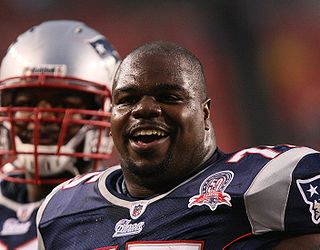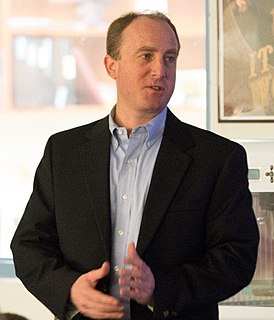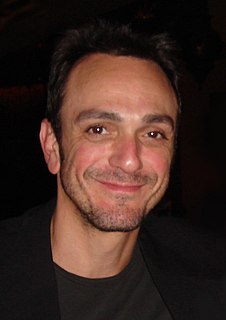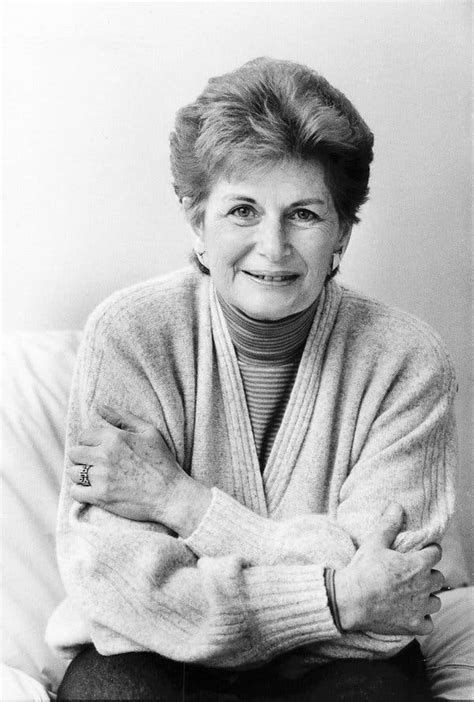A Quote by Chris Wooding
Then a person has only one tale?” No, some have two or three separate ones or more,” Fleet said. “Some people have many tales. Sometimes they are linked into one big tale, sometimes they are utterly distinct. Most people do not have one at all.
Related Quotes
The artist usually sets out -- or used to -- to point a moral and adorn a tale. The tale, however, points the other way, as a rule. Two blankly opposing morals, the artist's and the tale's. Never trust the artist. Trust the tale. The proper functions of a critic is to save the tale from the artist who created it.
Nothing ever begins. There is no first moment; no single word or place from which this or any story springs. The threads can always be traced back to some earlier tale, and the tales that preceded that; though as the narrator's voice recedes the connections will seem to grow more tenuous, for each age will want the tale told as if it were of its own making.
To some people, not caring is supposed to be cool, commenting is more interesting than doing, and everything is judged and then disposed of in, like, five minutes. I'm not interested in those kinds of people. I like the person who commits and goes all in and takes big swings and then maybe fails or looks stupid; who jumps and falls down, rather than the person who points at the person who fell, and laughs. But I do sometimes laugh when people fall down.
A lot of people look at me as a big person. Some people consider me to be obese. Some people consider me fat and sloppy. Everybody knows that I have a big stomach, but I think sometimes that overshadows everything else on my body - from my calves to my back to my shoulders to my biceps. What people go to the gym and work for, I have. The only thing I don't have that they got is six - packs. But I really don't care about six-packs.
I go on a good many adventure-type trips. Whenever I go on one, it's always potentially going to be the setting for one of my books. I pay more attention to certain aspects than some other people might. Sometimes I use them, sometimes I don't. Most of the books I write are based on experiences I've had to some extent.
From a tale one expects a bit of wildness, of exaggeration and dramatic effect. The tale has no inherent concern with decorum, balance or harmony. ... A tale may not display a great deal of structural, psychological, or narrative sophistication, though it might possess all three, but it seldom takes its eye off its primary goal, the creation of a particular emotional state in its reader. Depending on the tale, that state could be wonder, amazement, shock, terror, anger, anxiety, melancholia, or the momentary frisson of horror.





































